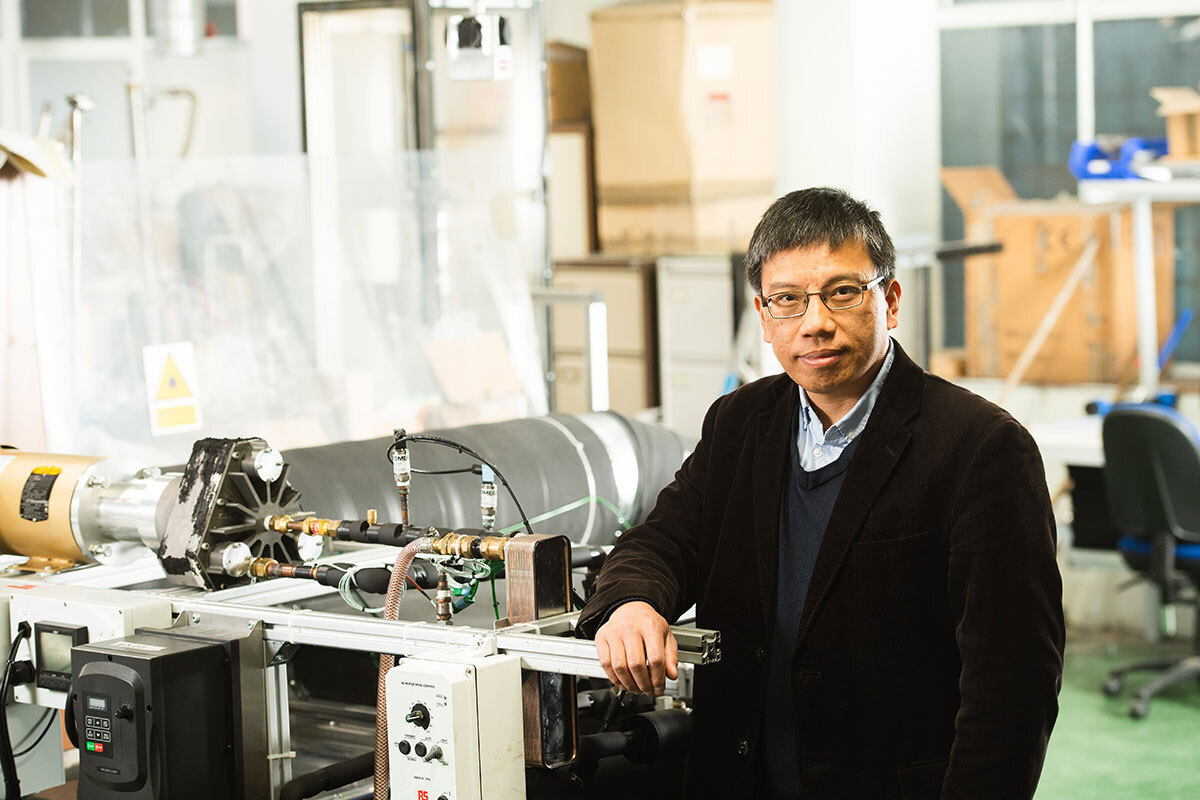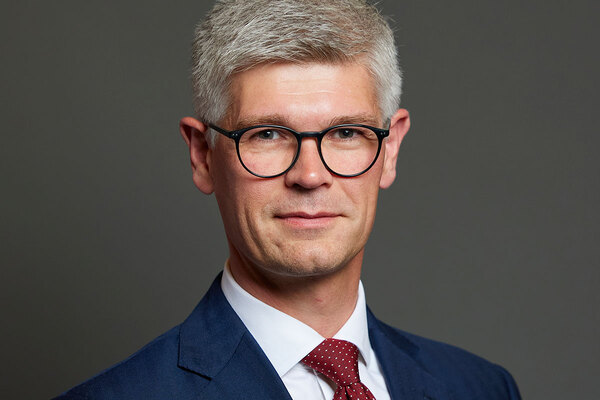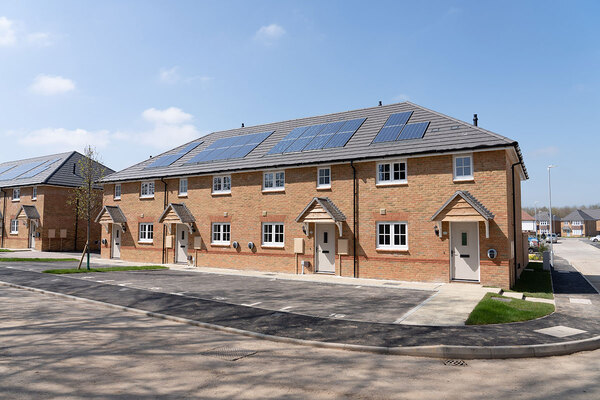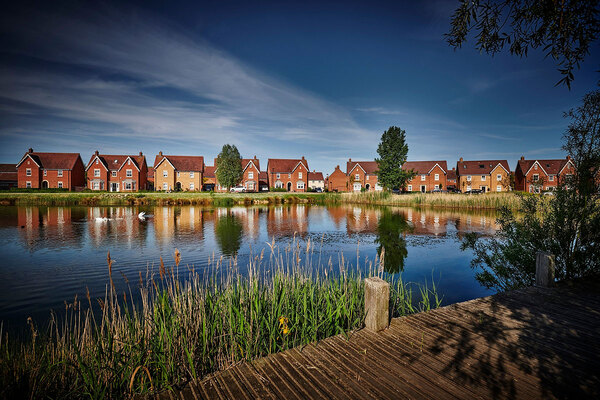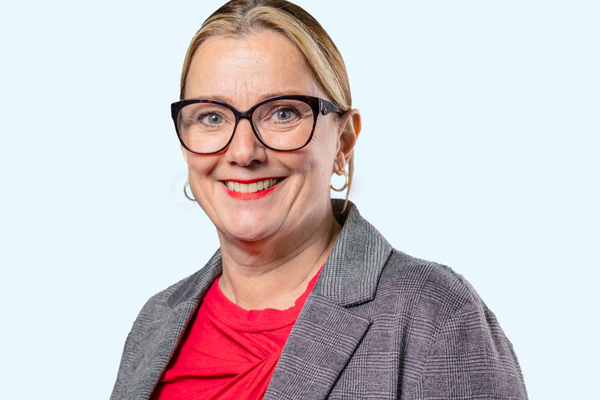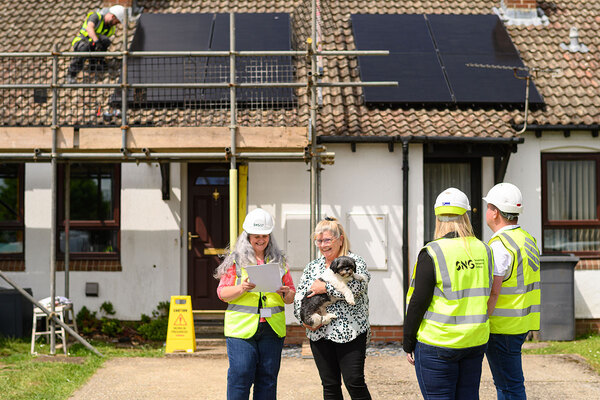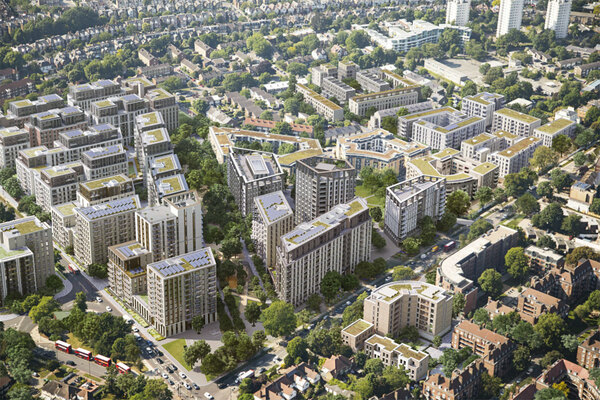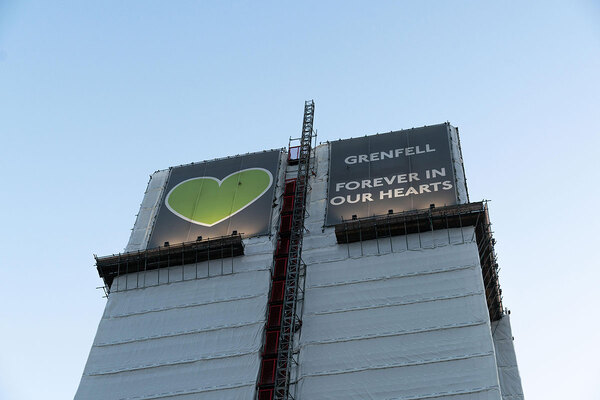You are viewing 1 of your 1 free articles
German firm develops 3D-printed social housing scheme
A German technology specialist has hailed the potential of 3D printers to revolutionise housebuilding after starting work on a landmark social housing development.
Peri 3D Construction is developing a three-storey apartment building in the town of Lünen for the state of North Rhine-Westphalia.
The firm believes it is Europe’s first social housing scheme delivered using this technology.
The top storey of the six-apartment building will use timber and panels alongside printed elements, while the foundation, base and filigree slabs will use traditional systems.
Several elements will rely on conventional methods, but the first and second floors of the 651-square-metre block will be created using high-tech printers provided by Cobod.
The housing scheme follows Peri developing data centre and football clubhouse projects using this technology earlier in the year.
Fabian Meyer-Brötz, managing director at Peri, said: “We are pleased to be able to demonstrate once again how quickly, efficiently and in a resource-saving manner the 3D printer can create living space, and what potential is also opening up in the multi-family house segment.
“We are convinced that the technology is already ready for widespread use on modern construction sites – and especially for social housing projects.”
Henrik Lund-Nielsen, founder of Cobod International, said: “This project continues the trend that we have seen the last couple of years, where the technology has made some remarkable leaps forward, moving away from just being used for small houses on one floor to also being used for larger and larger projects with multiple floors.”
Ina Scharrenbach, North Rhine-Westphalia’s construction and digitalisation minister, said: “With the pioneering project in Lünen, we are showing that public housing can be built quickly, modernly and sustainably despite these challenging times.
“North Rhine-Westphalia is setting standards in construction and continuing to push for more affordable housing.”
Sign up for our development and finance newsletter
Already have an account? Click here to manage your newsletters


